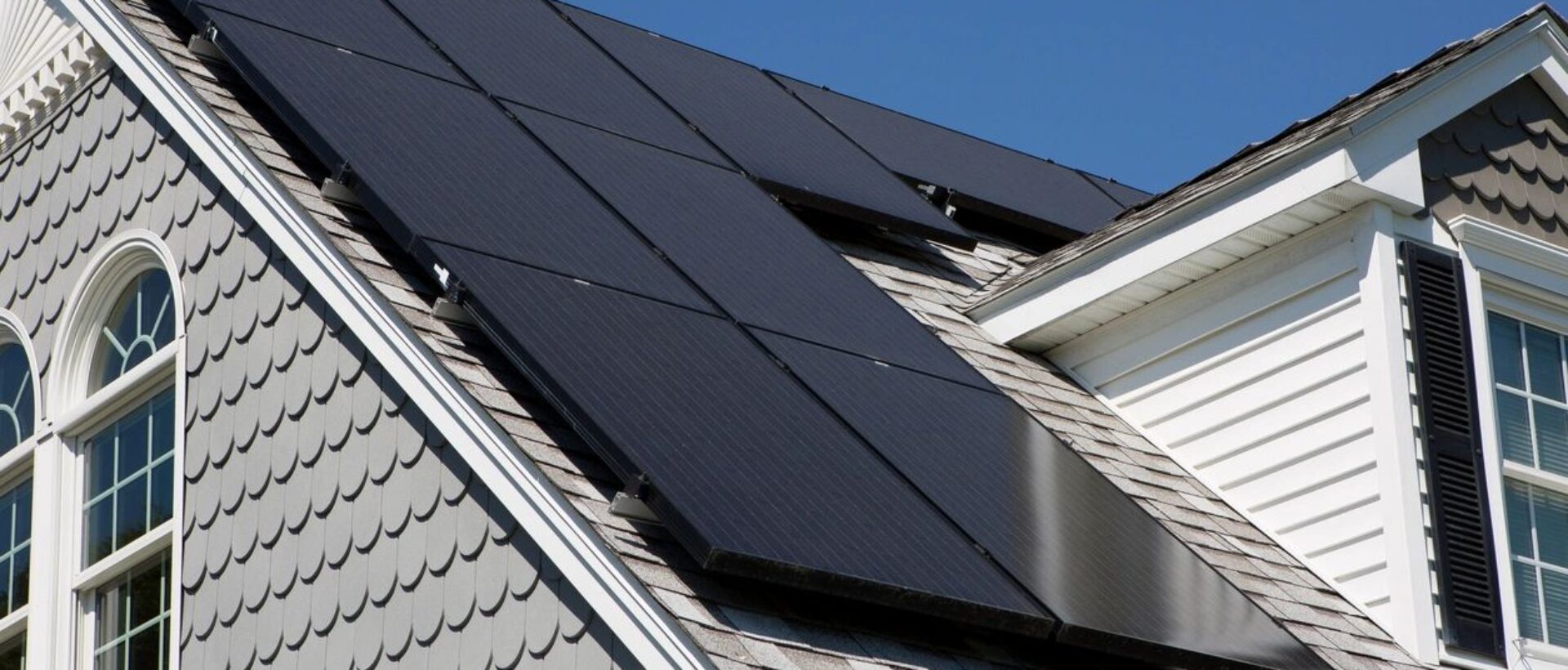We make it simple and easy and ask for zero dollars down. It is free to get started!
Solar Loans: What you need to know?
A financing option to maximize your solar savings
Cash purchases and solar leases (or PPAs) are no longer the only options for property owners who want to go solar. For solar shoppers who lack the capital for a cash purchase but want to maximize the financial benefits of their solar energy system, the solar loan offers the perfect solution.
Solar loans explained
This video reviews types of solar loans and their benefits.
See the top solar loan providers in your state
Solar loan overview
There are many solar loan options available to you.
With a solar loan, you can save 40-70% over the lifetime of your solar panels.
Many are $0-down loans, and allow you to finance the total amount of your solar panel system.
Many different types of institutions offer solar loans, from traditional banks to solar panel manufacturers.
Solar loans have the same basic structure, terms and conditions as other home improvement loans.
Solar loans offer immediate returns by saving you money on your electricity bills right away, even as you repay the loan.
Finance your solar panel system with a solar loan
Solar panel loans are similar to home improvement loans that homeowners have used for decades to build a deck or add a second bathroom to their homes. When a homeowner borrows money from a lender, they agree to pay it back, plus interest, in monthly installments over the loan term.
Solar panel loans have the same basic considerations as other types of loans:
Lower interest rates result in lower overall costs for borrowers.
Loans with shorter terms will generally have higher monthly payments and lower total costs over the life of the loan.
Solar panel loans can be either secured or unsecured, which results in a wide array of interest rates, term lengths, and credit requirements among loan offerings.
One very important difference
There is one very important difference between solar panel loans and other home improvement loans: a solar panel loan allows you to own an asset that generates significant financial value. This includes both the value of electricity generated by the solar panel system over its lifespan and the 30% federal investment tax credit and other applicable rebates and incentives like solar renewable energy certificates (SRECs). While a new kitchen or deck is a nice addition to your home, they do not offer the same type of financial benefits.
A solar loan allows you to own an asset that generates significant savings.
Solar loans: questions to ask
Like any other financial product, solar panel loans have different structures, terms, and conditions. In order to find the solar energy loan that is right for you, there are two fundamental questions that you need to ask.
Do you want a secured or unsecured option?
Solar energy loans can be divided into two categories. Secured loans require an asset that will serve as collateral for the loan – in most cases, that asset will be your home. Unsecured loans do not require any collateral other than the solar panel system itself. Both loan categories have implications for the borrower.
How much are you willing to pay for each monthly loan installment?
The amount you want to pay each month will impact the interest rate and the length of the loan. Loans with longer terms will have smaller monthly payments, but you will pay more in interest over the life of the loan. In contrast, payments on solar energy loans with shorter terms may exceed your monthly utility bill savings, but they offer a better value because you pay less in interest over the life of the loan.
Secured Solar Loan Unsecured Solar Loan
Requires an asset (usually your home as collateral)
Lenders may foreclose if you default
Same-day approvals are possible
Interest is tax-deductable
May have undisclosed fees
Read more about secured solar loans and unsecured solar loans.
The availability of solar loans
In addition to traditional banks, there are many other institutions that offer solar energy loans.
Solar panel manufacturers offer loans, often through their solar installer networks.
Credit unions all over the country are developing solar energy loan products for homeowners, and often offer lower-cost solar loans.
National lending institutions offer specialty loan products tailored to residential solar panel systems.
Public-private partnerships can offer solar energy loan programs. Local government agencies partner with private lenders to offer solar loans with lower interest rates and no fees.
Utilities offer on-bill financing programs that allow homeowners to finance solar energy systems and repay the borrowed amount through electric bills.
Municipalities sometimes offer PACE (Property Assessed Clean Energy) solar energy financing, which are repaid by an annual assessment on property owners’ property tax bill.
Resource: Energy Sage

